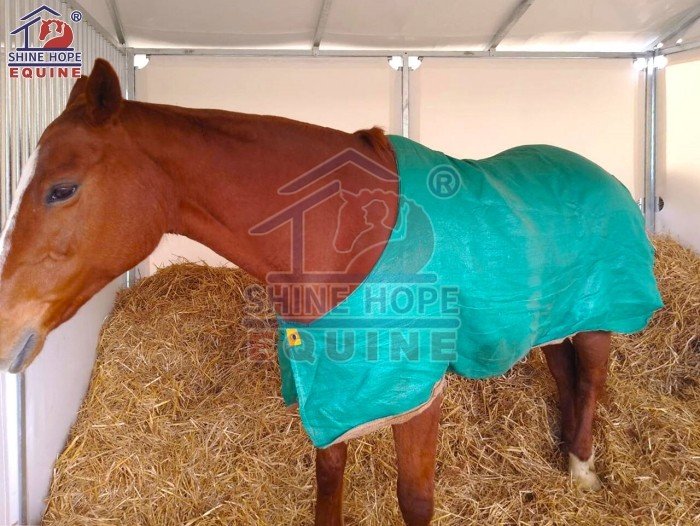Horses, with their strength, elegance, and intelligence, have long been cherished companions in human life—whether for riding, working, or competing. Like all living beings, they have a finite lifespan, and understanding their average life expectancy is key to providing them with the care they need to thrive. At Shinehope Equine, we believe in empowering horse owners with knowledge to ensure their equine friends live long, healthy lives. Let’s explore the factors that shape a horse’s lifespan, how it varies across types, and how you can help your horse live its best life.
On average, domestic horses live between 25 to 30 years. However, this is just a benchmark—many horses exceed this range with proper care, and some have even reached remarkable ages. The oldest recorded horse, Old Billy, lived to 62 years old, while other notable long-livers like Sugar Puff (a Welsh Pony) reached 56, and Twilight lived to 50. These exceptional cases highlight that with the right conditions, horses can enjoy decades of health and vitality.

Horse’s longevity is not set in stone; it’s shaped by a mix of genetic, environmental, and care-related factors. Here’s what matters most:
Breed: Size and breed play a role. Ponies, for example, often outlive larger breeds like draft horses, with many ponies thriving into their 30s. Larger horses, on the other hand, typically live into their late 20s.
Genetics: A horse’s family history of health and longevity is a strong indicator. Horses from lineages with few hereditary issues are more likely to live longer.
Diet and Nutrition: A balanced diet—rich in hay, grains, vitamins, and minerals—is foundational. Malnutrition or poor feeding habits can lead to metabolic issues, weakened immunity, and shortened lifespans.
Exercise and Activity: Regular, moderate exercise maintains muscle tone, joint health, and cardiovascular fitness. However, overexertion (common in high-intensity sports) can cause wear and tear, reducing lifespan.
Veterinary Care: Routine check-ups, vaccinations, dental care, parasite control, and hoof maintenance catch issues early. Timely intervention prevents minor problems from becoming life-threatening.
Living Environment: Clean, safe, and low-stress surroundings are vital. Access to shelter, pasture, and social interaction (horses are herd animals!) reduces anxiety and promotes well-being.
Racehorses face unique challenges that shorten their average lifespan compared to recreational horses. The intense physical demands of racing—high-impact training, rigorous competition, and risk of injury—take a toll. Most racehorses retire from racing by 5 to 7 years old, and their overall lifespan averages 15 to 20 years, even with post-retirement care. Early retirement and gentle post-racing lifestyles can help some racehorses live longer, but their bodies often bear the marks of their high-performance careers.
At Shinehope Equine, we’re committed to helping horses thrive. Here’s how you can support your horse’s longevity:
Prioritize Preventive Care: Annual vet visits, dental exams, and parasite control keep health issues at bay.
Feed for Health: Work with an equine nutritionist to tailor a diet to your horse’s age, weight, and activity level.
Balance Exercise: Provide daily movement (turnout, riding) without overworking—rest is just as important.
Create a Safe Space: Ensure shelters are secure, pastures are free of hazards, and stress is minimized.
Foster Social Bonds: Horses thrive with companionship, whether equine or human. Isolation can lead to stress and health decline.
Horse’s lifespan—typically 25 to 30 years— is a testament to the care it receives. From ponies that live into their 30s to racehorses facing shorter odds, every horse deserves a life of health and comfort. By focusing on genetics, nutrition, exercise, veterinary care, and a loving environment, you can help your equine companion live to its fullest potential.
At Shinehope Equine, we’re here to support you in every step of that journey. After all, a horse’s long life starts with you.
Any Qusetion Contact us feel free:
Email: info@shinehopeequine.com
Phone: +8613869898222.(24 hours).